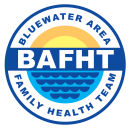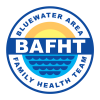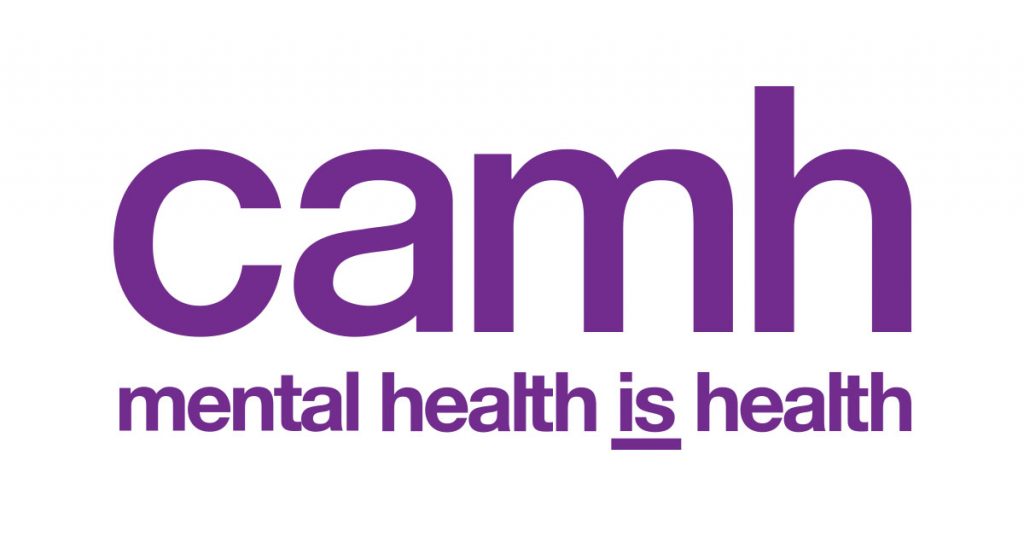
Mental Health Program
Mental Health vs. Mental Illness
What most people don’t understand is that there is a difference between “mental health” and “mental illness”. According to an article written by CMHA in 2020 titled “Mental Health: What is it really?”:
- “Mental illnesses are described as disturbances in thoughts, feelings, and perceptions that are severe enough to affect day-to-day functioning. Some examples are anxiety disorders, schizophrenia, and mood disorders, such as major depressive disorder and bipolar disorder.” (CMHA, 2020).
- “Mental health, however, is a state of well-being, and we all have it. Just like we each have a state of physical health, we also each have our mental health to look after. It’s not just about surviving, it’s about thriving. It’s enjoying life, having a sense of purpose, and being able to manage life’s highs and lows” (CMHA, 2020).
Most of us have heard the statistic that ⅕ people in Canada will experience a mental health problem or issue each year. Well, every single one of us has mental health.
If you would like to read the article in full it can be found here: https://cmha.ca/mental-health-what-is-it-really/
Click the Links Below for More Info:
- 1:1 Counselling Services
- Mental Health Referrals
- The Intake Appointment
- Confidentiality
- Legal Limitations of Confidentiality
- Resources
1:1 Counselling Services
Patients are eligible to take part in episodes of care with our Social Worker at the Bluewater Area Family Health Team (BAFHT). Episodes of care consist of 8-10 counselling sessions. Sessions are approximately 45-50 minutes in length. These sessions can take place in person, by phone or by video.
Counselling is a confidential process individually designed to meet your specific needs. Counselling can help you address specific concerns, develop a greater understanding of yourself, learn effective communication skills and develop constructive skills to manage stress and promote optimal emotional health. It involves a supportive, respectful and understanding relationship between you and your counsellor, working towards your individual goals.
Areas our Social Worker can help address include but are not limited to:

- Anxiety
- Depression
- Perinatal Mental Health
- Bipolar Disorder
- Borderline Personality Disorder
- Stress
- Relationships Issues
- Grief/loss
- Trauma/PTSD
- Sleep
Mental Health Referrals:
If you are interested in booking an appointment with our social worker to discuss community resources and/or 1:1 counselling:

- Referrals can be made by either you or your Primary Care Provider (PCP), Nurse Practitioner (NP) or in some circumstances another allied health members such as dietician, or diabetes educator, or other members of your medical team (i.e., psychiatrist, or attending physician in the emergency department).
- Once you have been referred for a mental health consultation you will be contacted within 10 business days to book an intake appointment.
The Intake Appointment:
- This appointment will be over the phone with our Social Worker and last approximately 15-20minutes.
- The purpose of this appointment is to gather more information about your current situation/symptoms and what kind of support you are looking for.
- During this appointment you may be referred or directed to community resources that are most appropriate for the support you are looking for.
- You will be assessed if it is most appropriate for you to engage in individual therapy through the BAFHT. If so, you will be placed on our waitlist for counselling. You will be provided with immediate online resources to access while you are waiting for an appointment.
- DO YOU HAVE EXTENDED HEALTH BENEFITS? If you have coverage for counselling, we will provide you with a list of private practitioners in Huron and Perth County that you may contact.We encourage you to seek these services to reserve the BAFHT services for those who do not have coverage or cannot afford services.

Confidentiality
Counselling involves sharing personal information. Information discussed in sessions is considered confidential. Please understand that information might be shared with the BAFHT interdisciplinary team (Family Physician, Nurse Practitioner etc.) to provide you with the best collaborative patient-centered care. If you wish to have reports sent to others, you will need to sign a consent form to have this done. Your privacy is important to us, and your records will not be shared without your consent. There are some limits to confidentiality as regulated health care professionals governed by the Mental Health Act, and the Ontario College of Social Workers and Social Service Workers (OCSWSSW). We will respect your privacy by holding in strict confidence all information provided by you.
Legal Limitations of Confidentiality
We are obligated to break confidentiality under the following circumstances:
- If we become concerned that you may be at serious risk of harming yourself or someone else.
- If we are concerned about the safety and welfare of a child based on something that you have shared.
- If you report sexual abuse by a Regulated Health Professional.
- If disclosure is ordered by a court.


